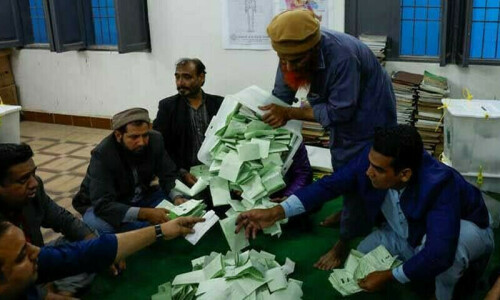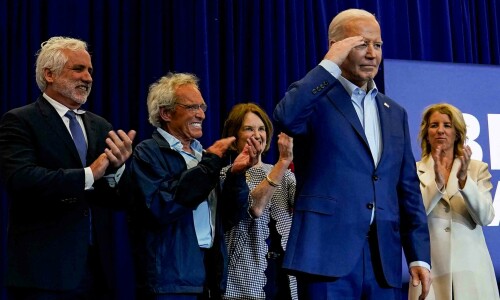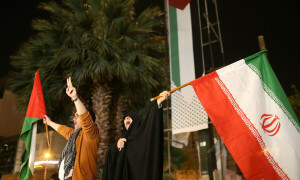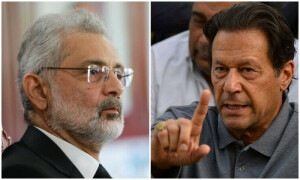
THE passage of the Extension of Jurisdiction to Fata Bill, 2017, extending the superior courts’ jurisdiction to Fata, is a measure to free the tribal population from a colonial past, besides being the first practical step to introduce a modern criminal justice system in the area. But without judicial mechanisms and a functional lower judiciary, modern law enforcement may not be enough.
After independence, Fata was primarily governed by the Frontier Crimes Regulation. Law enforcement remained a symbolic duty, and hasn’t evolved.
For decades, Khasadars, Levies, Scouts, militias, the Frontier Corps and Frontier Constabulary performed law enforcement and border management duties. Fata’s criminal justice system revolves around the political agent who was meant to serve the imperialists’, instead of the public’s, interest. If Fata and Khyber Pakhtunkhwa are merged, KP police will be entrusted with policing functions in Fata.
From 1947 to 1979, Fata was subservient to colonial aspirations and customary practices (rewaj). Post 1979, it drew foreign extremists who brought revolutionary justice systems from Afghanistan and the Middle East, eroding the Levies’ and Khasadars’ writ.
Tribal forces are loyal to tribal values.
Success of reforms depends on drafting and executing a clear transition plan, integrating existing forces, and community support. This needs legislative, administrative, capacity building and operational interventions.
The buffer between the agencies and settled districts is protected by the Frontier Constabulary. Established as a tribal-cum-border police, its internal security engagements have increased. A merger will necessitate redefining its legal, operational and jurisdictional mandate.
Though the 2016 Fata reforms report advised an additional 20,000 Levies, it seems to be silent on training and capacity building. Merely increasing manpower won’t yield dividends. In 2011, Rs168 million were allocated for building the Shah Kass Levies training facility, but construction is yet to commence.
For decades, Khasadars and Levies remained under the political agent’s loose control, although for some years they were under the sway of militants. A Levies and Khasadar merger in the police may give rise to some issues. Integrating existing forces into KP police or raising a new force are options. Another issue is whether to implement reforms together or in phases. KP may not be able to afford the recruitment of a new police service without federal help.
Doable transition plans are needed. When Malakand was notified as a district through the Local Government Ordinance, 2001, 24 departments were devolved but without a police department. Districts can’t function without a modern police force. To police Fata, the weak aspects of such transitions must be studied.
Balochistan Levies’ merger with the provincial police without a proper plan cost the centre Rs5.5 billion and had to be reversed. Tribal forces are neither well trained nor administered by a well-defined chain of command. Khasadars and Levies should be combined if the deadwood is to be removed and later merged with police. As recruitment, training standards and promotion criteria are different, synchronisation may be hard. With militancy affecting education in Fata, candidates will demand concessions in recruitment, which, if granted, may affect the quality of police inductions. Also, tribal forces are loyal to tribal values while police operate under a chain of command.
Although a low crime-incidence area, tribal feuds often create law and order situations; community policing may thus gain acceptance. But tribesmen will neither report crimes against women nor volunteer to be part of a probe. Low population density may also delay police responses. Quick mobility and communication will improve public service delivery, making it vital to rationalise the size of Fata police districts.
Public trust in traditional conflict resolution also warrants its legal codification; the recently introduced Dispute Resolution Councils by KP could thus be replicated.
Before implementing reforms, the roles/responsibilities of the Khasadars, Levies, Frontier Constabulary, etc must be defined. Owing to its peculiar circumstances, Fata police will simultaneously be a centralised constabulary, counterterrorism force, border police and community police service. While designing a criminal justice system for Fata, public trust, reporting procedures, law-enforcement response, a conflict resolution apparatus, preventive strategies, complaint disposal, procedures to deal with victims, coordination among different components and access to legal aid and fair trial are essential.
Given that six Frontier Regions are already administrative components of settled districts, conversion should be started with these and, phase-wise, agencies should be brought under the modern criminal justice system. This will relieve the military from internal security functions in Fata allowing it to focus on national defence.
The writer is the author of Pakistan: In Between Extremism and Peace.
Twitter: @alibabakhel
Published in Dawn, April 5th, 2018












































